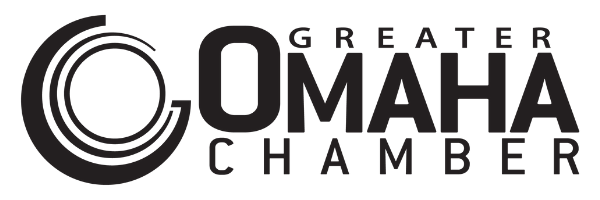
Abe Lincoln and me at his tomb in Springfield, Illinois. Honest Abe was definitely a futurist. Not only did he hold several patents but he saw that the U.S. couldn’t continue its economic growth on the backs of slave labor.
By: Shannon McClure, Director – Research Services, Greater Omaha Chamber
Abe Lincoln and his United States. Henry Ford and his assembly line. JFK and the moon. Elizabeth Holmes and her revolutionary blood tests.
What do these very different people have in common? They’re what we could call futurists; people who have a vision of what is possible and the gumption to meet it head on. They are more than dreamers – futurists have the ability to see connections between seemingly unrelated information, anticipate behaviors or events and act on them before the rest of us have brushed our teeth in the morning. Sometimes they create. Other times they evangelize and drive others to create.
Why do I love futurists? Futurists are thinkers. In our bullet-pointed lives, they get below the surface and find the meaning that exists if we could just stop and take time to really investigate it. Futurists are optimists in disguise. They’re problem solvers.
In 2004, I was living in Tulsa, OK, trying to market a 400-year-old art form into a product that a 20-something would want to attend (opera). Enter economist and futurist Rebecca Ryan who came to town to help the city’s Chamber and YP group (young professionals) lure back Gen Xers who had fled Tulsa to seek their fortunes in the big city—Denver, Chicago, Dallas, etc. Ryan presented an analysis and boomerang strategies that knocked my socks off and she did it in a way that even the least data-loving among us could understand and embrace. Call me impressed.
Over the last 10 years, I’ve followed (read: stalked) Ryan’s work in cities throughout the nation, heard her present several times and continued to marvel at how she can pull the most compelling and truthful conclusions from data. She bolsters up organizations, cities and regions to position themselves for our changing world instead of slumping into the way it’s always been.
Next week on Nov. 17, Ryan will show Greater Omaha her prediction of what we’ll be in 2035 and what we need to work on to get there. Will Omaha be the tech hub we know we have the ability to be? Will our researchers at Nebraska Medicine have patented a world-changing vaccine or surgical device?
No one truly knows what is ahead but Omaha definitely has a better shot of knocking it out of the park if we take a minute to listen to what Rebecca Ryan has to say about it.
Look for me at CenturyLink Omaha on Nov. 17: I’ll be the one in the Chamber name tag who belly laughs too loudly at Ryan’s irreverent sense of humor and may or may not be declared the world’s first (and only?) fan-club president for an economist.
